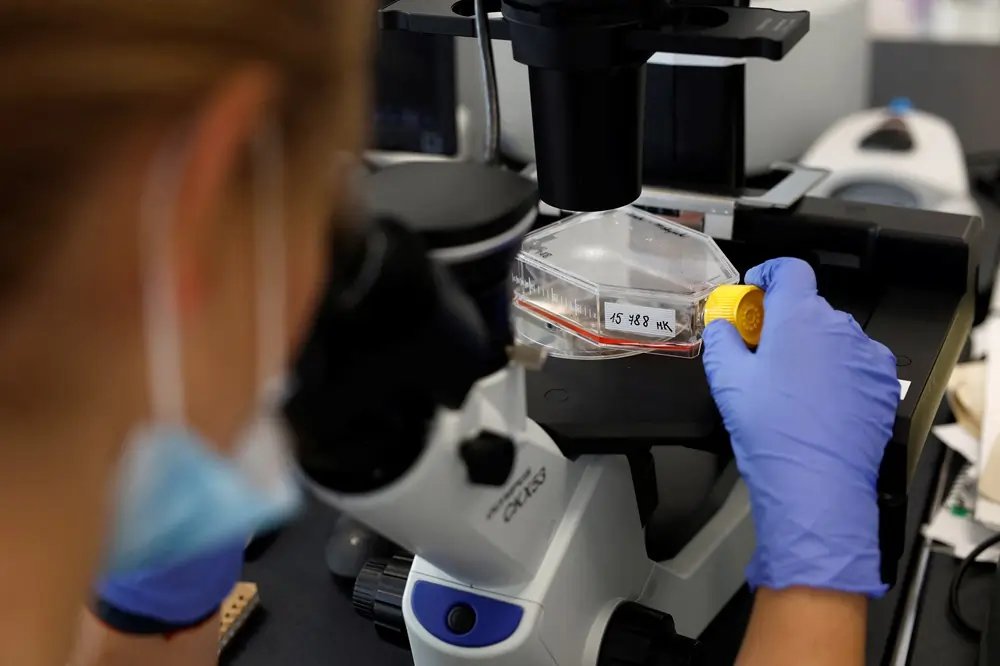Czech firm Bene Meat gets EU approval for lab-grown meat for pet food
Published by Jessica Weisman-Pitts
Posted on November 9, 2023
3 min readLast updated: January 31, 2026

Published by Jessica Weisman-Pitts
Posted on November 9, 2023
3 min readLast updated: January 31, 2026

By Jan Lopatka
PRAGUE (Reuters) – Czech start-up Bene Meat Technologies is the first to win European Union registration for laboratory-grown meat for use in pet food and plans to boost production to make up to several metric tons per day next year, the company said on Wednesday.
A number of firms are racing globally to develop commercially viable lab-grown meat and fish products to appeal to consumers concerned about ethical issues and the environmental impact of livestock farming, a major source of greenhouse gas emissions.
In the United States, Upside Foods and Good Meat won regulatory approval in June for their so-called cultivated meat, made from animal cells, for human consumption, a second place after Singapore. But large-scale production is yet to begin.
Bene Meat has turned its focus to the pet food sector to deliver a product that can be marketed to global pet food makers as a raw material for inclusion in their final products.
“Today we have become the first company globally that has an official authorisation for the production and sale of cultivated meat for cats and dogs,” Managing Director Roman Kriz told Reuters.
The product received certification in the European Feed Materials Register, the company said.
Kriz said the firm was able to scale up production and offer prices to make the product commercially viable.
He said Bene Meat’s costs would allow final products to sell around the price level of premium and super-premium pet food products on the market.
Bene Meat next plans to test how the product tastes to animals, while scaling up production at its current Prague lab and at new premises it is looking for.
“Right now we are in the order of kilograms per day,” Kriz said. “We expect that during next year we will get to the level of hundreds of kilograms to single tonnes every day.”
The start-up, set up in 2020 and owned by Czech medical devices producer BTL group, has more than 80 researchers and developers and has invested “high single millions” of euros into development, Kriz said.
It expects to become financially self-sufficient in the course of next year, Kriz said.
Meat for human consumption also remains among its goals, Kriz said.
Kriz said the firm, like others, used cells from live animals, which grow in a vessel known as a bioreactor, fed by a supply of nutrients. He declined to comment on details.
He said apart from ethical and environmental issues, another benefit was that lab-grown meat was made under full control, while a consumer could not be 100% certain about what a farm animal ate all its life.
The company is in talks with pet food makers on supplies, but also aims to work with them to potentially set up production lines at their current facilities. It also plans to develop its own brand of final pet food products.
(Reporting by Jan Lopatka; Editing by Sharon Singleton)
Lab-grown meat, also known as cultivated meat, is produced by culturing animal cells in a controlled environment, allowing for meat production without raising and slaughtering animals.
The European Feed Materials Register is a database that lists approved feed materials for animal nutrition, ensuring safety and compliance with EU regulations.
Explore more articles in the Top Stories category











